In September 2016, TikTok, known as Douyin in its home market, was launched in China. Since then, TikTok boasts of about 0.5 billion users around the world, of which over 119 million are in India.
On Tuesday, the government of India banned 59 Chinese apps including Tik Tok on the basis of it being the threat over the nation’s “sovereignty and security”. But this isn’t the first time that the app became controversial and was banned.
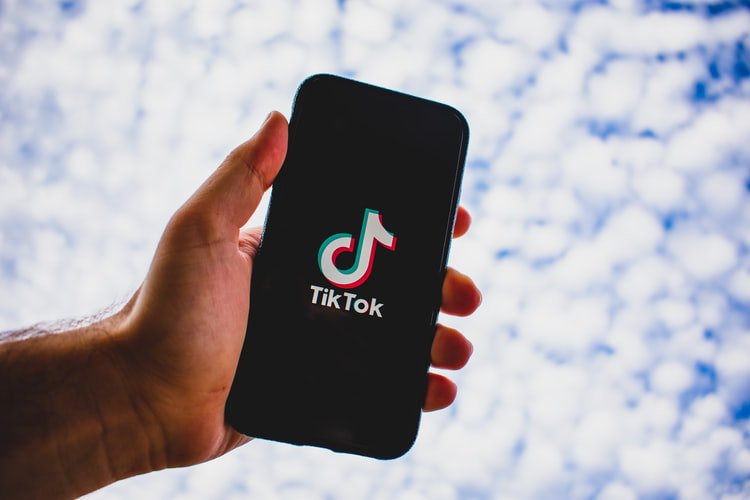
In October 2018, a 24-year old Chennai man allegedly died by suicide by jumping in front of a train because he was mocked for wearing women’s clothes on TikTok.
In January 2019, S Ramadoss, founder of the Pattali Makkal Katchi party in Tamil Nadu state, had reportedly also asked the state government to ban TikTok as according to him the app distracts youngsters and leads to sexual perversity.
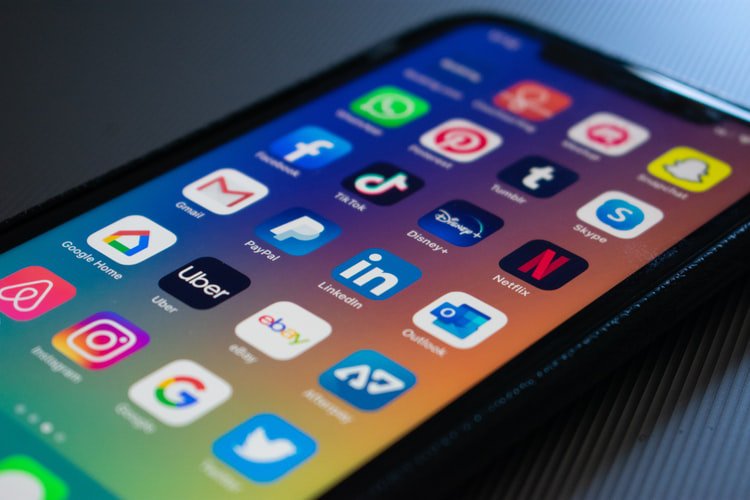
In February 2019, a college student died, and two of his friends were severely injured, after their motorcycle rammed into a truck while making a TikTok video. M Manikandan, Tamil Nadu’s minister of IT, said his state will ask the central government to ban TikTok for “degrading culture and encouraging pornography.” Meanwhile, TikTok’s parent company ByteDance agreed to pay the Federal Trade Commission (FTC) $5.7 million to settle accusations that it violated children’s privacy. TikTok was accused of allegedly illegally collecting the private information of children using the app.
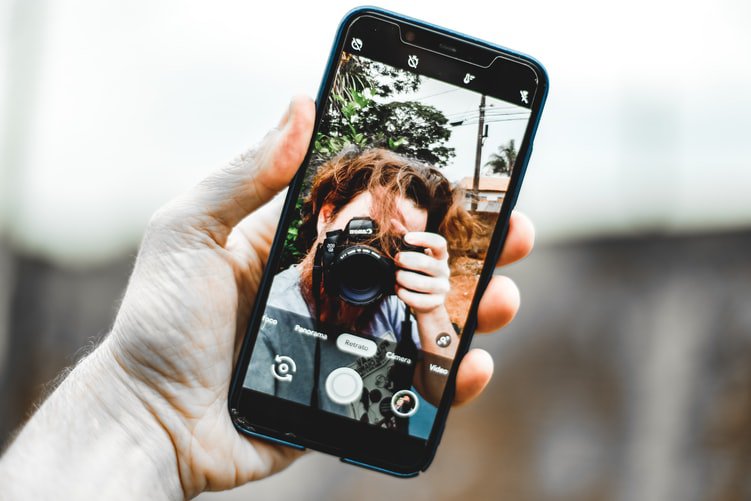
In April 2019, Madurai-based senior lawyer filed a plea in the Madras high court to ban TikTok. Three days later, the Madras high court demanded the central government to ban the app and prohibit the media from using any content created on TikTok. On April 12, TikTok responded by removing six million videos for not complying with its community guidelines. On April 13, a 19-year-old Delhi resident was accidentally shot dead by his friend while posing with a pistol. On April 15, the Supreme Court refused to stay the Madras high court’s ban on TikTok on grounds that it is temporary and the matter is still being heard at the high court. And on April 18, TikTok was pulled down from the Play Store and App Store. The ban lasted for two weeks.
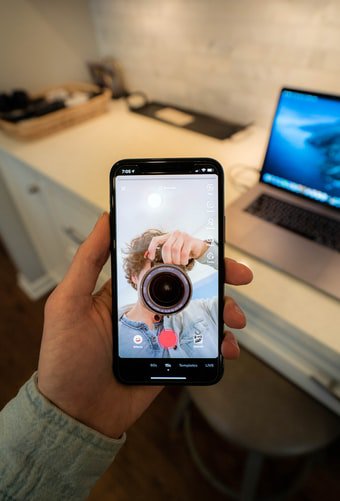
In December 2019, the United States Army banned TikTok from government-issued smartphones for security reasons. According to a New York Times report, an Army spokesperson called TikTok a cyber threat. During the same month, the US Navy also banned TikTok from government devices.
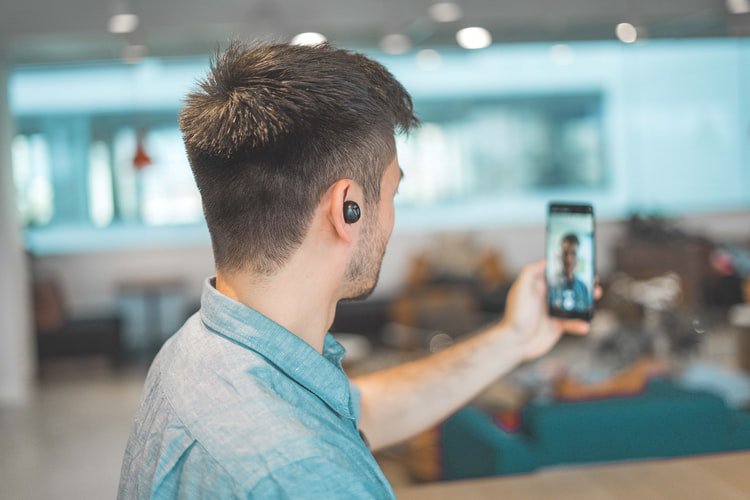
In March 2020, two Republican senators proposed a bill to ban all federal employees from using TikTok on their government-issued device. TikTok officials have repeatedly said the user data from the United States is not stored in China, and the communist country does not have jurisdiction over content outside China.
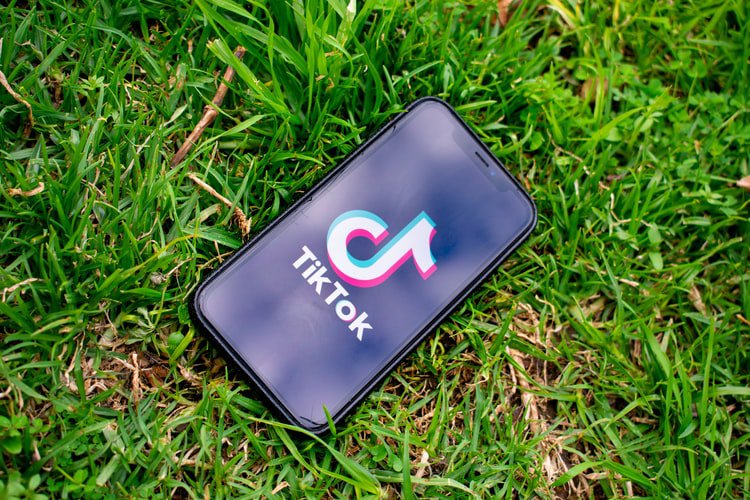
In the midst of the crisis over its content moderation policies in India, TikTok named Disney’s head of streaming Kevin Mayer as COO of ByteDance and TikTok. Mayer is believed to help ByteDance win over Washington who has targeted the popular social media app as a security threat.

















